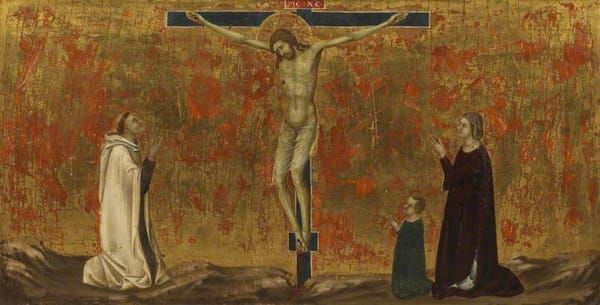
Beholding Calvary: On the Phenomenological Poverty of Penal Substitution
The model of penal substitution occludes the event of the Crucifixion with abstract mechanism. But the phenomenon of Calvary offers and compels something more.

The model of penal substitution occludes the event of the Crucifixion with abstract mechanism. But the phenomenon of Calvary offers and compels something more.

Martyrdom in a universalist paradigm entails no fear of eternal damnation and is a more credible "witness" before others.

Peter's Confession is not merely the origin of ecclesial authority, but the beginning of a hard lesson about how divine insight can coexist with human misunderstanding—and how the Church is built on both.

An opinion piece in Vanity Fair wants to give us rubberneckers—or, you know, trainspotters, depending on which side of the tracks we may be standing (there can be only two, right?)—an apter set of historical precedents to talk about the M.O. of really existing Trumpism over against
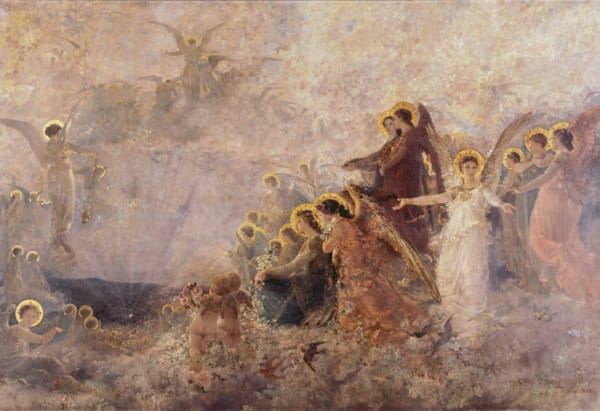
So long as we take our human experience seriously, anything that is thoroughly arbitrary cannot be genuinely salvific.
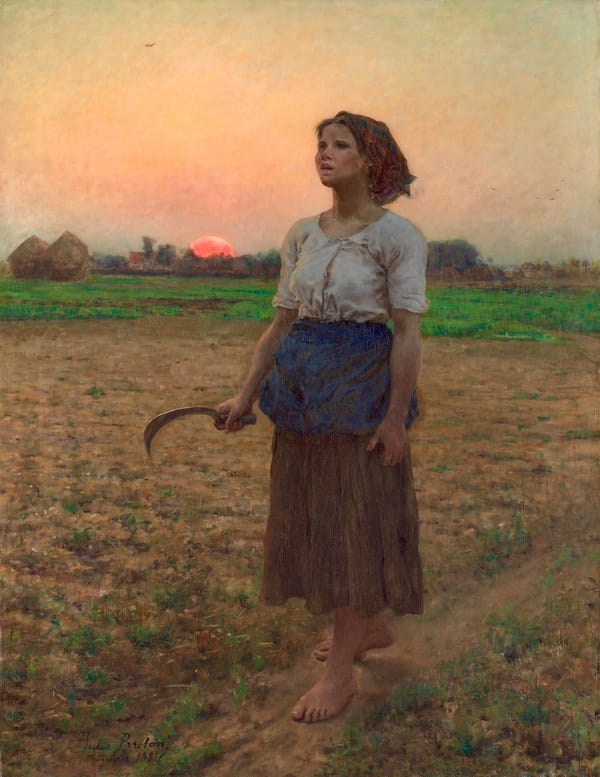
It gives me hope in the goodness of humanity to know that, unremarked by policymakers or the press or this digital panopticon in which we all voluntarily inform on ourselves, millions of men and women are, beyond a shadow of a doubt, quietly and durably happy. Every incentive structure leads
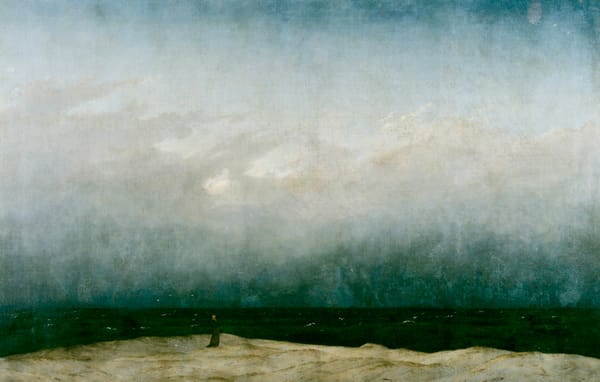
"A great master says that his breaking-through is nobler than his emanation, and this is true." ~Meister Eckhart, Sermon 87
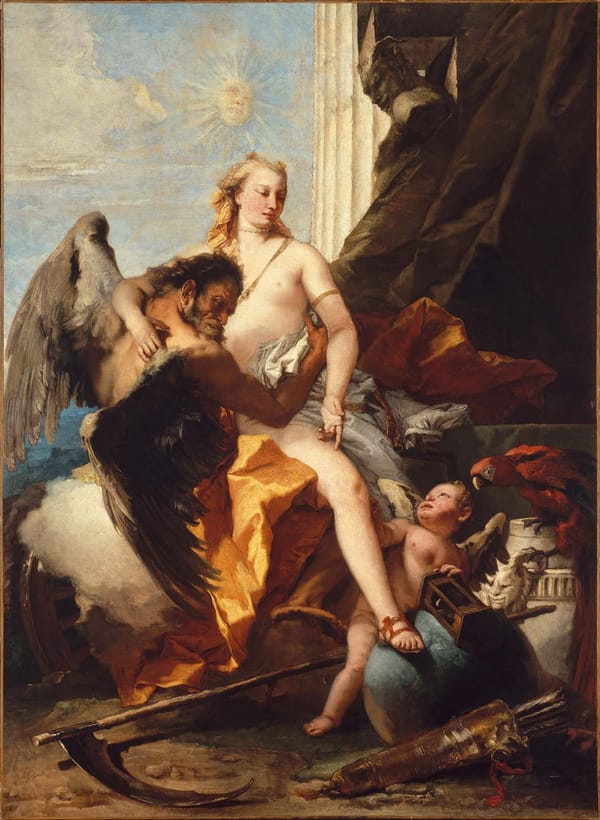
A brief reflection on Bulgakov and the irrevocability of everything.
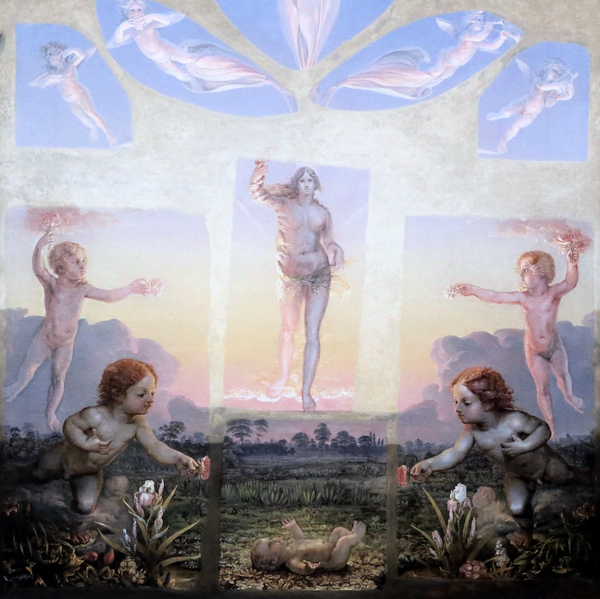
Metaphysics is not a science in the modern sense, but a mode of knowledge. Yet no conflict is conceivable between the two, nor there can be a symmetrical correlation between them, for their domains are so widely apart.
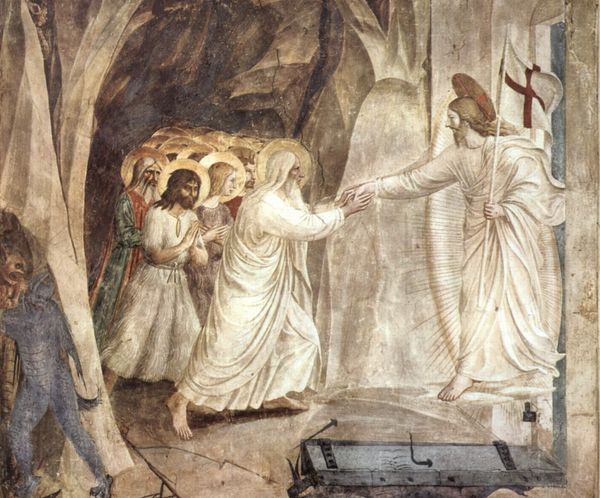
Insofar as no moment "in time" is lost on God (since God is not bound by time and moments to God do not, as to us, slip away), what happens to those moments wherein one "chooses" God if we are to believe that one could later

The rich will make temples for Śiva. What shall I, a poor man, do? My legs are pillars, the body the shrine, the head a cupola of gold. Listen, O lord of the meeting rivers, things standing shall fall, but the moving ever shall stay. —Basavaṇṇa (12th cent.), vācana 820.
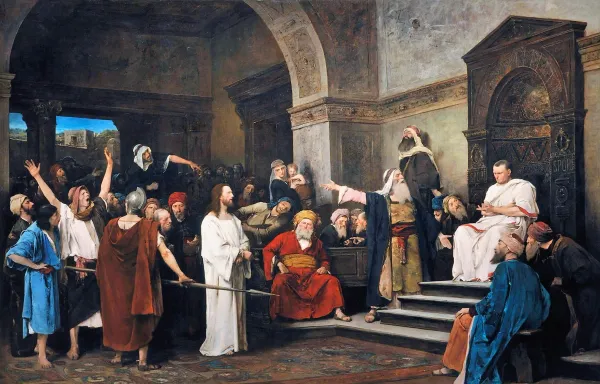
At Calvary, Jesus was executed by the earthly powers of his day. "Atonement" cannot be sanitized of this political and historical reality.
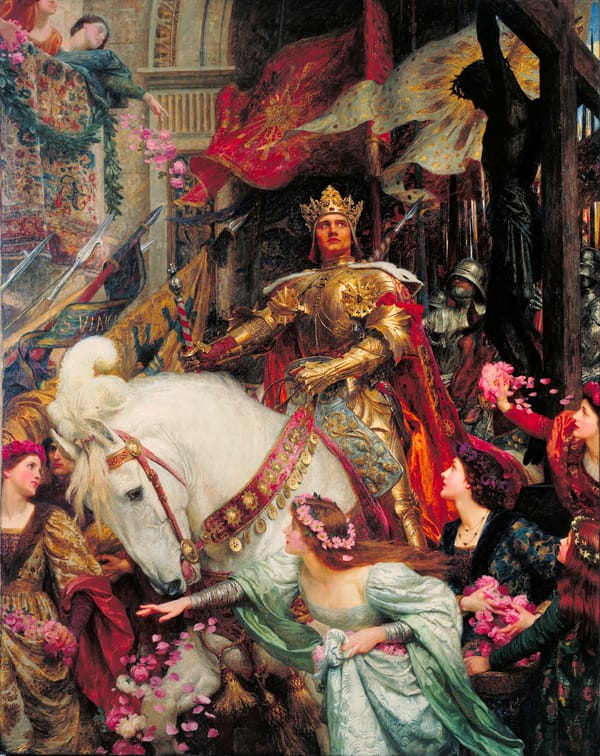
apocalypse
In an age of techno-nationalist optimism, apocalypse is heresy. But only our eschatological horizon can reveal what is ultimately illusory.
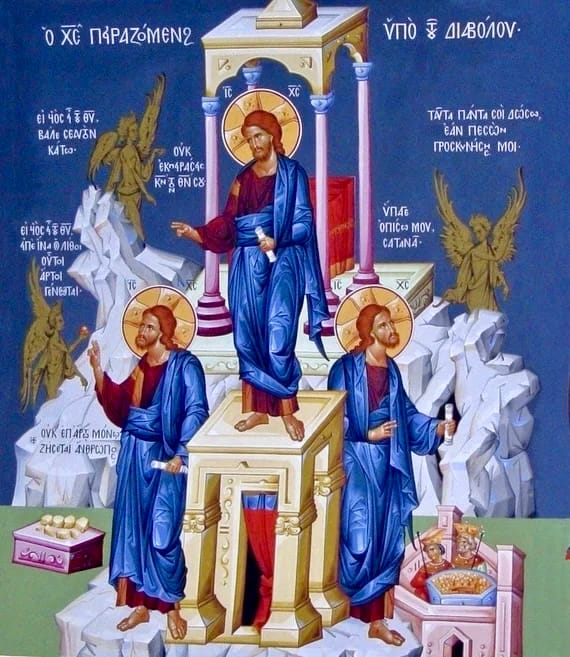
Ash Wednesday, 2025 “All nations surrounded me; in the name of the LORD I cut them off!”—Psalm 118:10. It is not that the old school contrarian commentators require remarkable foresight to call the experiment in exceptionalism on its cruel game ahead of time—it is after hours, and
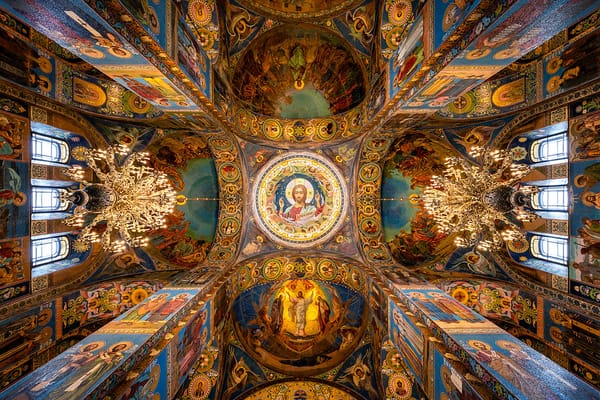
Upon arrival, I joined the parishioners in the confession line. I partook of the custom of bowing to my co-penitents just prior to approaching the confessor, which I am told is particular to Russian tradition. This soborny gesture attuned me to the sacrifice to come qua reparation of a shattered
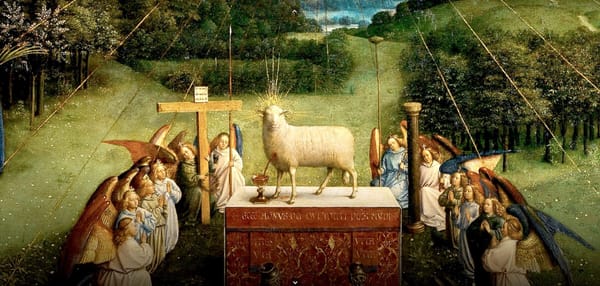
eucharist
Catholic and Orthodox Christians participate in Mircea Eliade's "eternal return" on the occasion of every eucharistic celebration.
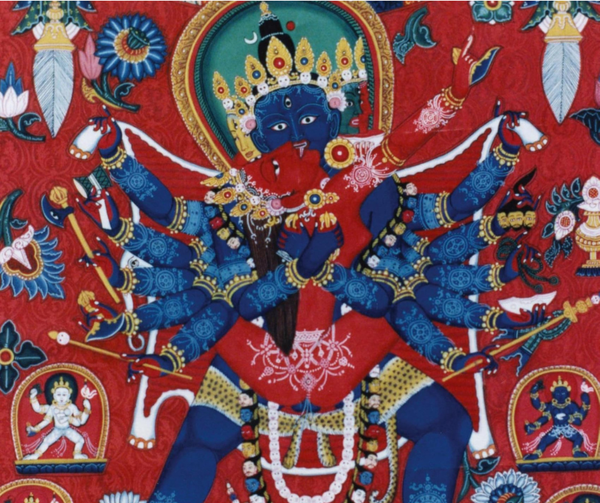
alchemy
In Indo-Tibetan alchemy, we have a single fundamental creative process and its associated energies which can be realised or accessed in a variety of ways by humans who acquire the requisite skills.
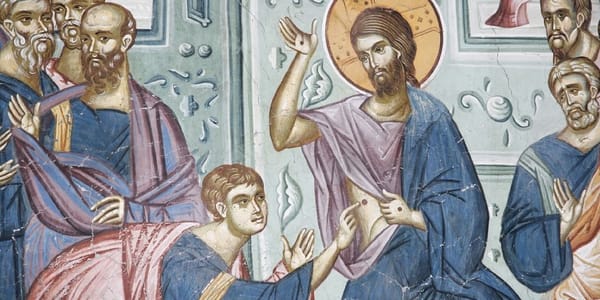
Thomas
Thomas' stipulations are as much proof that Jesus had, in fact, died as they were proof of his resurrection.
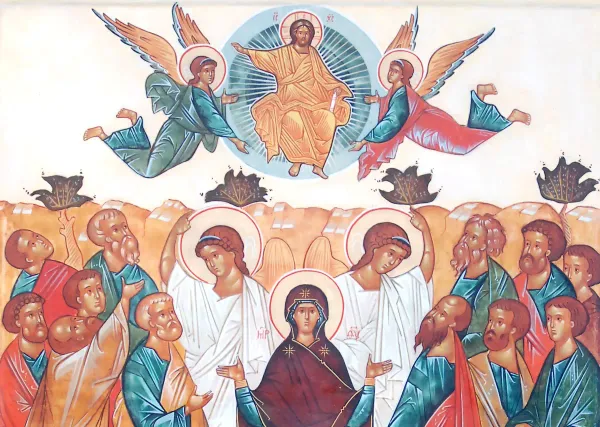
Eugenia Constantinou
Universalism is rooted in the Scriptures and the Fathers, and no authoritative statements in Tradition condemn the belief.
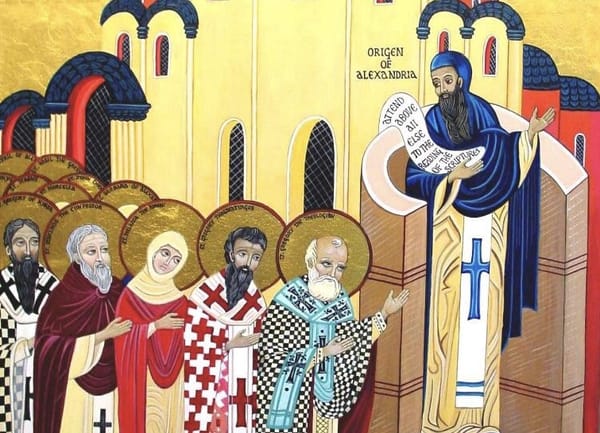
Eugenia Constantinou
Universal salvation emerges from deep theological and historical roots, challenging the long-held consensus with a vision of hope grounded in the earliest teachings of Christ and the Church Fathers.
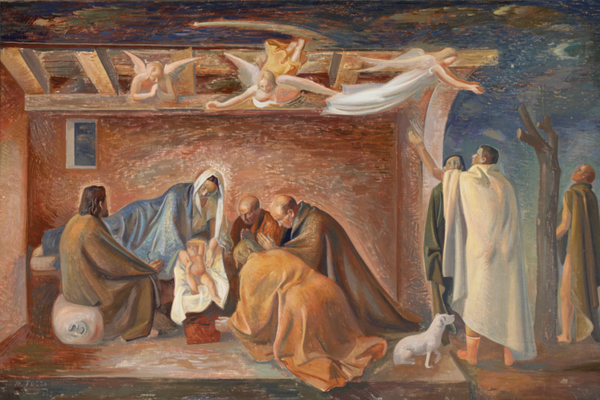
Bulgakov
Persecution and poverty of spirit do not run counter to the spirit of Christmas. In fact, such conditions are at the heart of incarnation itself.
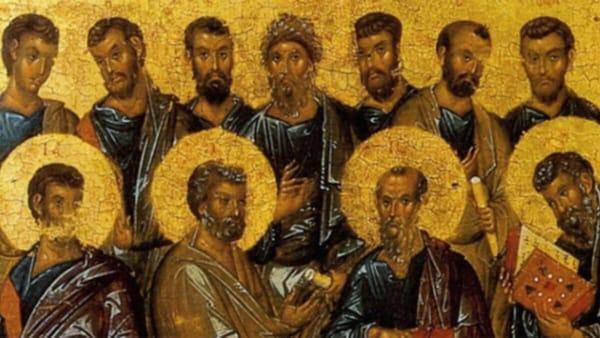
Eugenia Constantinou
Tradition differs from an apostolic deposit, as the Nicene Trinity isn't explicitly taught in the New Testament and reflects varied early Christologies.
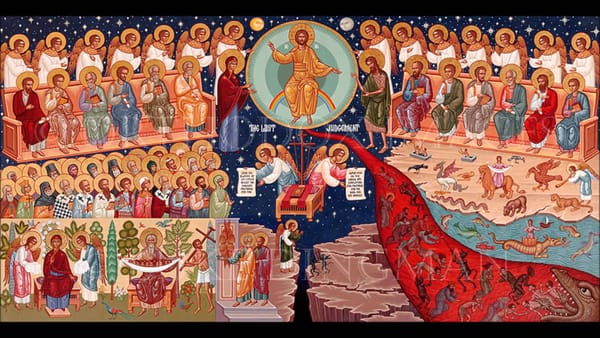
apocalypse
Insofar as we persist in using the word eschatology, it cannot by definition, for us here and now, ever be fully "realized."
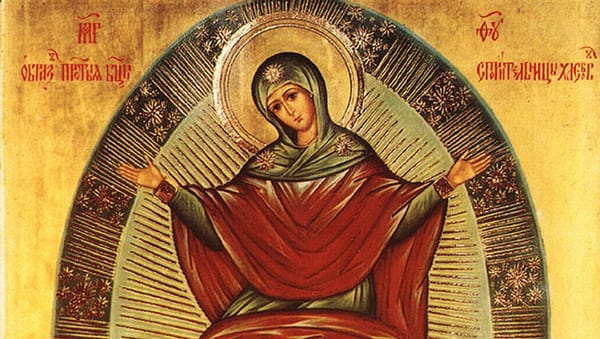
time
In a Christian theology of time, according to John Betz, time has more than just analogical value vis-à-vis eternity. It is, rather, eternity's "Marian bearer."